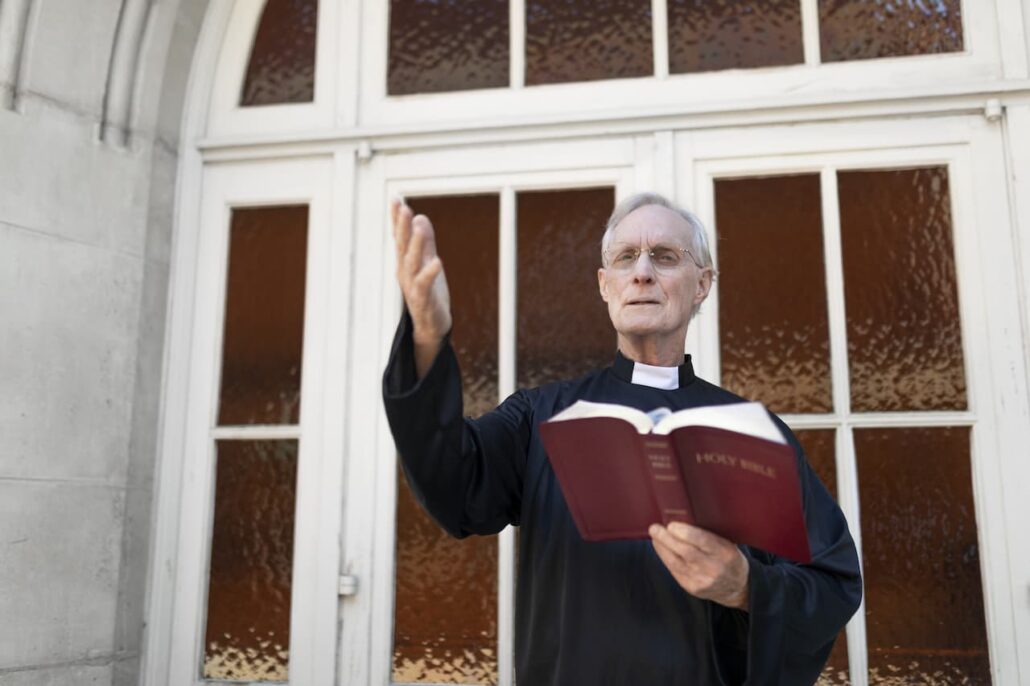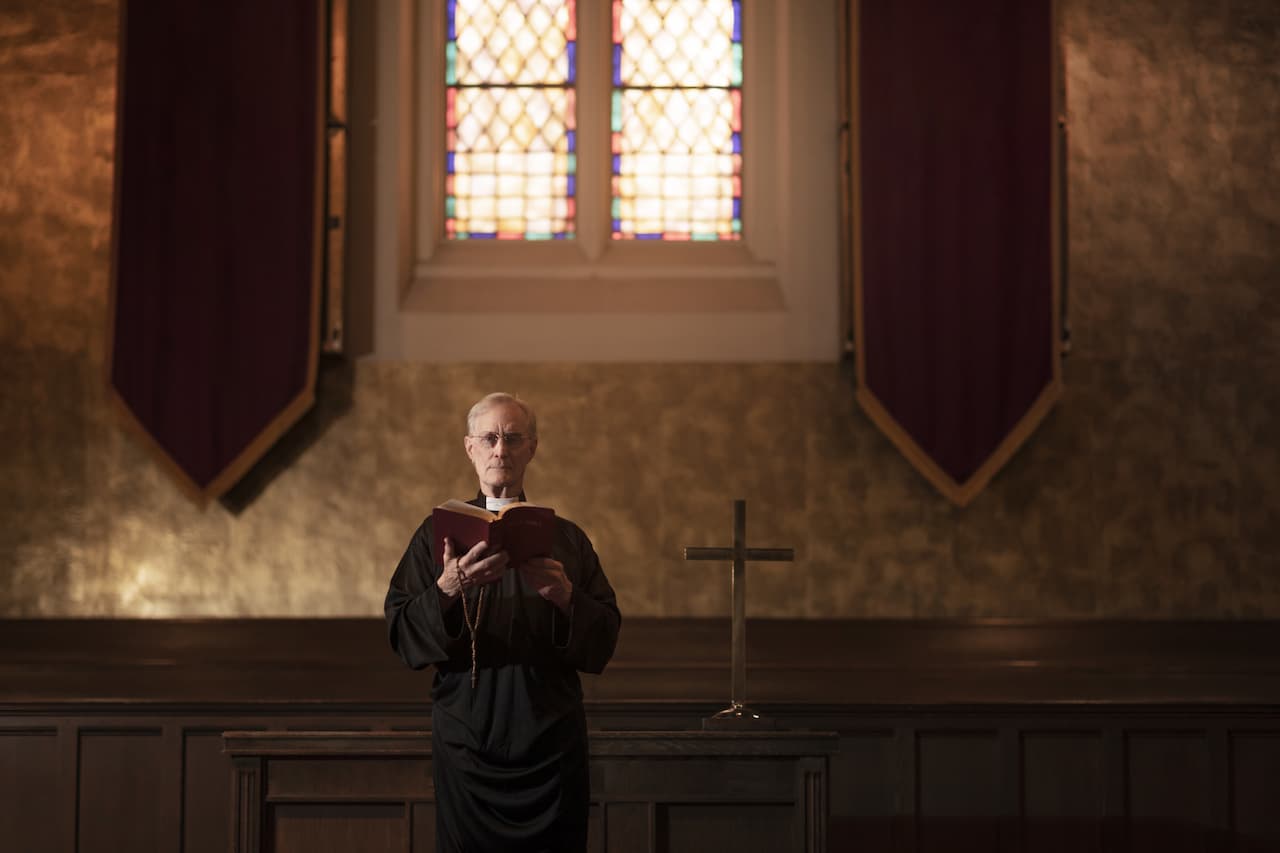The historical roots of Catholicism in America
Catholicism has a long and storied history in the United States, dating back to the early colonial period. Spanish missionaries were among the first to bring Catholicism to the New World, establishing missions throughout the present-day Southwest. The arrival of French Catholics in the northern regions, particularly in what is now Canada and Louisiana, further solidified the religion’s presence. Throughout the 19th century, waves of Catholic immigrants from Ireland, Germany, Italy, and Eastern Europe enriched the American Catholic community, bringing with them diverse traditions and practices. This influx of immigrants not only increased the number of Catholics but also contributed to the development of a distinct American Catholic identity.
The role of Catholic institutions in society
Catholic institutions have played a crucial role in shaping American society. From education to healthcare, Catholic organizations have been at the forefront of providing essential services to communities across the country. Catholic schools and universities, such as Georgetown University and Notre Dame, are renowned for their academic excellence and commitment to social justice. Similarly, Catholic hospitals and healthcare systems have been pioneers in medical care, often serving the most vulnerable populations. The Church’s charitable activities, through organizations like Catholic Charities, provide vital support to millions of Americans, addressing issues such as poverty, homelessness, and hunger. These institutions not only embody the Church’s mission but also demonstrate its significant impact on American life.
Embracing modern challenges: Catholicism in the digital age
In today’s digital age, the Catholic Church in the USA faces unique challenges and opportunities. One of the critical areas of focus is leveraging technology to reach and engage the faithful. This includes using social media platforms to share messages, live-streaming Masses, and creating online communities for spiritual support. A significant aspect of this digital engagement is ensuring that the Church’s online presence is discoverable and accessible to as many people as possible.
To achieve this, many Catholic organizations are turning to Search Engine Optimization (SEO) strategies. SEO involves optimizing websites so they rank higher in search engine results, making them more visible to those seeking information about the Church. By improving their SEO, Catholic institutions can reach a broader audience, attract new members, and provide valuable resources to existing ones. For those interested in enhancing their digital outreach, Dr. Seo offers expert guidance on effective SEO practices that can benefit religious organizations.
Strengthening community through faith
Community is at the heart of Catholicism, and building strong, supportive communities is vital for the Church’s mission. Parishes serve as the primary centers for worship, education, and community service. They offer a sense of belonging and support for individuals and families alike. Encouraging active participation in parish life helps build a robust and dynamic Church community.
Catholic lay movements and organizations also contribute significantly to community building. Groups like the Knights of Columbus, Catholic Women’s League, and various prayer groups provide opportunities for fellowship, service, and spiritual growth. These organizations help foster a sense of unity and purpose among their members, reinforcing the communal aspect of Catholicism.
In the face of societal fragmentation, the Church’s emphasis on community and solidarity offers a powerful counter-narrative. By promoting values of compassion, mutual support, and social responsibility, Catholic communities can be beacons of hope and stability in a rapidly changing world.

The importance of education and faith formation
Education has always been a cornerstone of the Catholic Church’s mission. Catholic schools and universities are renowned for their commitment to academic excellence and moral development. They provide students with a holistic education that nurtures both the mind and the spirit. Investing in Catholic education ensures that future generations are well-equipped to navigate the complexities of the modern world with a strong moral foundation.
Faith formation is equally crucial. Religious education programs, catechism classes, and adult faith formation initiatives help individuals deepen their understanding of Catholic teachings and grow in their faith. These programs play a vital role in fostering a lifelong commitment to Catholic values and principles.
Furthermore, the integration of technology in education offers new opportunities for faith formation. Online courses, webinars, and digital resources make religious education more accessible and engaging. Embracing these tools can enhance the Church’s educational outreach and ensure that faith formation remains relevant in the digital age.
